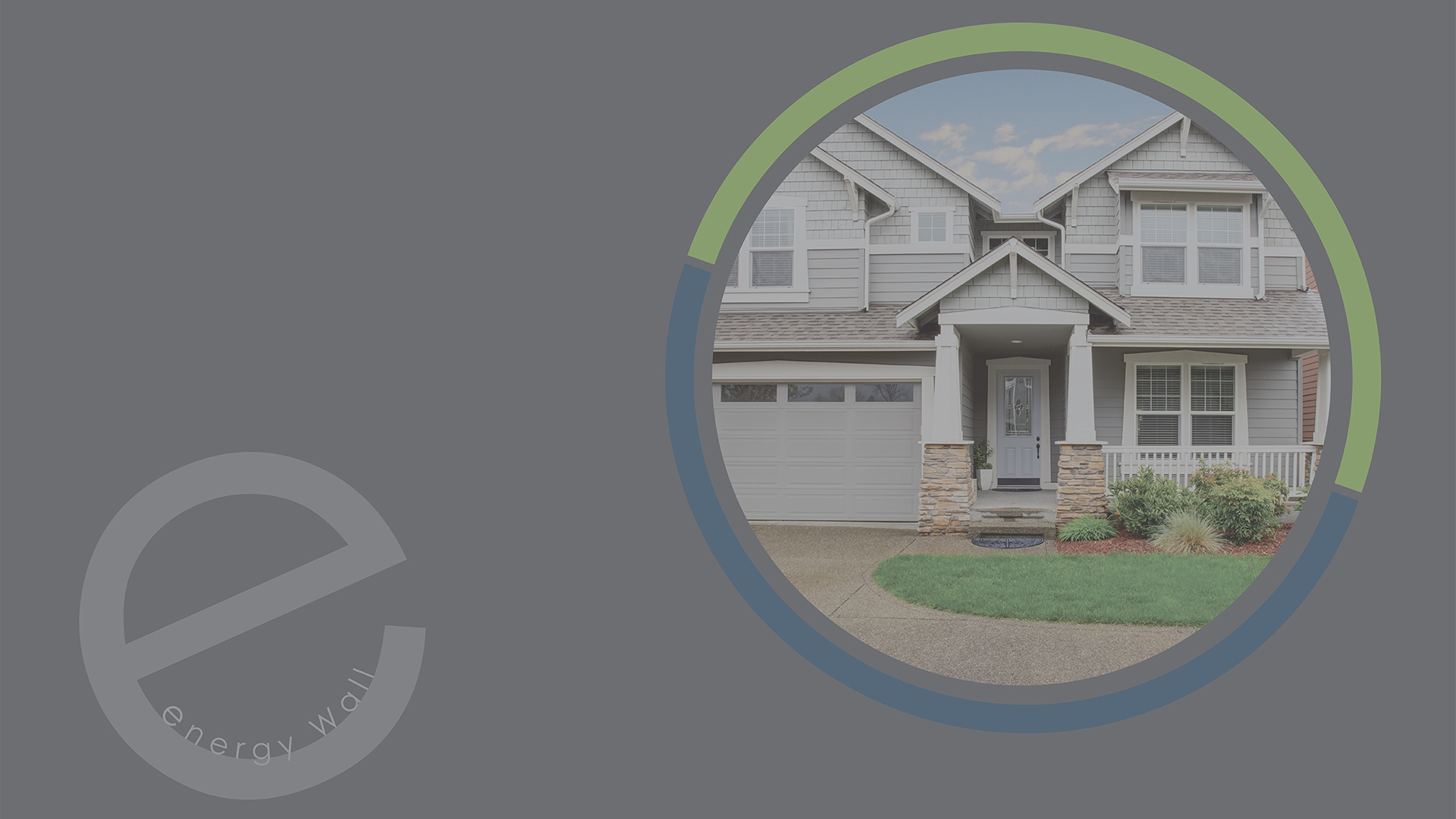Certified
Certified
Why vinyl siding? For architects and designers, it’s the most versatile wood substitute. For planners, it’s enduring curb appeal that will not deteriorate like wood or other fiber-based lap siding.
Vinyl siding, including insulated vinyl siding, is the only exterior cladding with a product certification program administered by an independent, accredited quality control agency that ensures products and colors meet or exceed industry standards; and a certified installer program with validation by an independent, third-party administrator to ensure that installers demonstrate knowledge of industry-accepted application techniques.
Vinyl and other polymeric siding, including insulated siding, come in hundreds of profiles, shapes, and colors to achieve any architectural design. No other cladding can give you the same beautiful look that will endure, because vinyl and other polymeric siding:
● Withstand extreme weather events (all certified vinyl siding is tested to withstand winds of 110 mph, and most achieve a wind rating higher than that) including climate change — vinyl siding will withstand the hottest summers and sub-zero winters. EnergyWall Vinyl Siding Products far exceed the certified industry standard requirements for wind velocity, offering protection for heavy winds up to 193 mph. This outstanding protection is guaranteed through the UltraSide, WeatherTech and ValuSmart Vinyl Siding lines.
● Defy color fade, because certified products come with another level of assurance when certified for color retention (and there are hundreds to choose from)
● Never rot or decay, because vinyl siding does not absorb water and their rainscreening design does not trap water behind the siding — whereas fiber-based products may disintegrate over time when moisture penetrates the plank
● Offer greater energy efficiency with certified insulated siding, because it helps increase the exterior wall’s R-value
Why is vinyl siding still the #1 exterior cladding in the U.S. and Canada? Because it’s more than durable, it’s reliable — and the beauty of wood can be enjoyed without the ongoing maintenance incumbent on homeowners.
Did you know most building codes require certified siding? Building codes established in 2006 by the International Code Council (ICC) require all vinyl siding to be certified and labeled by an approved quality control agency to show it conforms to ASTM D3679. Federal, state and local building code entities throughout the United States are adopting the 2006 ICC model codes. Simply put, certification for vinyl siding ensures quality.
Vinyl siding, including insulated vinyl siding, is the only exterior cladding with a product certification program administered by an independent, accredited quality control agency that ensures products and colors meet or exceed industry standards; and a certified installer program with validation by an independent, third-party administrator to ensure that installers demonstrate knowledge of industry-accepted application techniques.
Vinyl and other polymeric siding, including insulated siding, come in hundreds of profiles, shapes, and colors to achieve any architectural design. No other cladding can give you the same beautiful look that will endure, because vinyl and other polymeric siding:
● Withstand extreme weather events (all certified vinyl siding is tested to withstand winds of 110 mph, and most achieve a wind rating higher than that) including climate change — vinyl siding will withstand the hottest summers and sub-zero winters. EnergyWall Vinyl Siding Products far exceed the certified industry standard requirements for wind velocity, offering protection for heavy winds up to 193 mph. This outstanding protection is guaranteed through the UltraSide, WeatherTech and ValuSmart Vinyl Siding lines.
● Defy color fade, because certified products come with another level of assurance when certified for color retention (and there are hundreds to choose from)
● Never rot or decay, because vinyl siding does not absorb water and their rainscreening design does not trap water behind the siding — whereas fiber-based products may disintegrate over time when moisture penetrates the plank
● Offer greater energy efficiency with certified insulated siding, because it helps increase the exterior wall’s R-value
Why is vinyl siding still the #1 exterior cladding in the U.S. and Canada? Because it’s more than durable, it’s reliable — and the beauty of wood can be enjoyed without the ongoing maintenance incumbent on homeowners.
Did you know most building codes require certified siding? Building codes established in 2006 by the International Code Council (ICC) require all vinyl siding to be certified and labeled by an approved quality control agency to show it conforms to ASTM D3679. Federal, state and local building code entities throughout the United States are adopting the 2006 ICC model codes. Simply put, certification for vinyl siding ensures quality.


